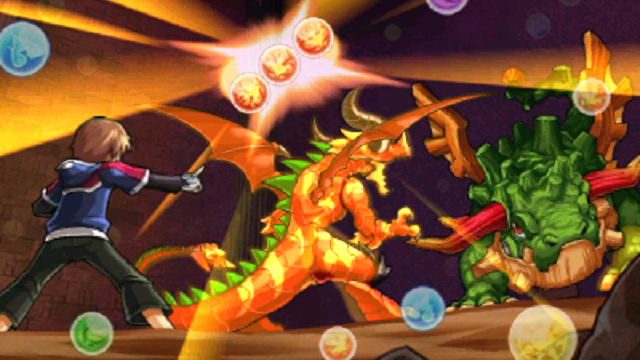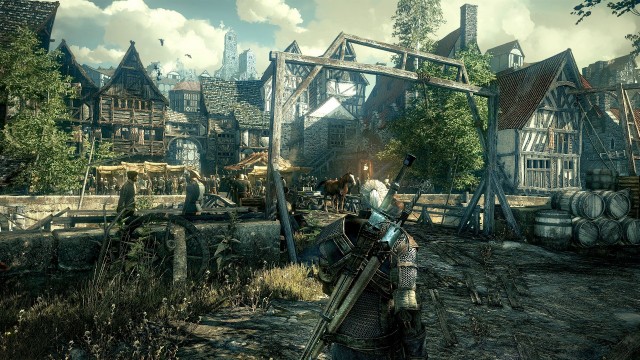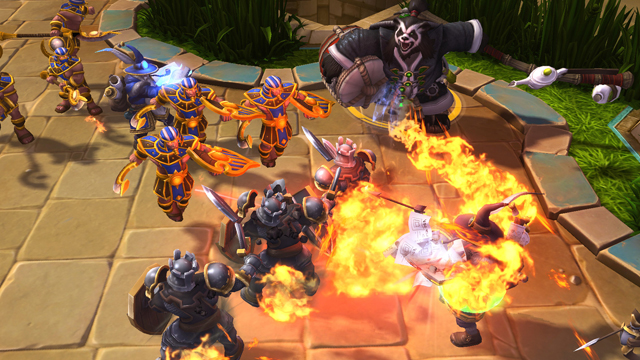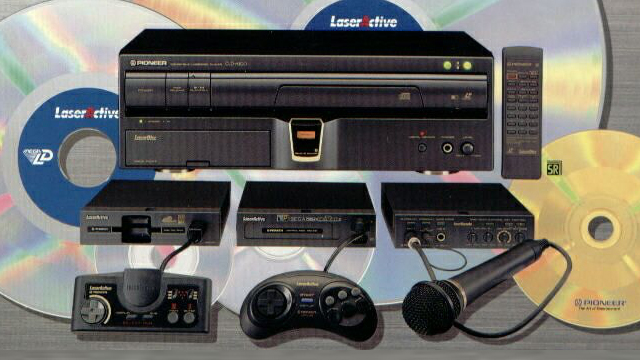
Puzzle & Dragons is an odd beast. The game taps into my love of puzzle games and an appreciation for awesome artwork. Still, the mobile original’s never-ending grind and constant prompting to spend to build a better team makes playing less of a delight and more of a chore. Without the pressure of stamina and with a definitive beginning and end, Puzzle & Dragons Z + Puzzle & Dragons: Super Mario Bros. Edition avoids those pitfalls and plays into the concept’s strengths. Still, is it worth investing $30 in an experience so similar to a free-to-play phone game? READ MORE

Despite not being as prolific or revered as Lord of the Rings or A Song of Ice and Fire, Andrzej Sapkowski’s Witcher novels have maintained a significant following in Europe since the early 1990s. Thanks to developer CD Projekt Red, The Witcher has begun to rise in popularity in the past decade, and with the release of the third game in the series, Wild Hunt, its ever-expanding audience continues to grow. Thanks to a healthy mix of BioWare’s conversation choices and Bethesda’s open-world sensibilities, The Witcher games have always managed to feel both familiar and distinct. Thankfully, Wild Hunt upholds this tradition.
READ MORE

There is a constant struggle I face whenever I sit down to play a game. It gnaws at me, and sometimes even paralyzes me into a mental state in which I’m unable to play anything. I constantly fight the battle in my head: do I want to play something from my current backlog of games or spend more time in a persistent game world? The current games battling for my attention are Final Fantasy XIV and Hearthstone, but with a recent upswing in my time playing Heroes of the Storm (recently released into open beta), my problem just keeps getting worse. READ MORE
In this episode of Snack Time, Ryan puts his piloting skills to use in service of the Empire in Star Wars: TIE Fighter, which was recently re-released on modern PC distribution platforms. Graham and Andrew join to talk about flight games, Star Wars etiquette, the virtues of Kyle Katarn and more!
New episodes of Snack Time post every two weeks. You can check out the Snack Time archive for some great shows you may have missed!

One of the biggest mistakes a console maker can make is putting a technological gimmick before the hardware itself. The dawn of optical media was a perilous point in games hardware history, with several platform creators rushing to take advantage of the new technology before the big players – Nintendo and Sega – could do it first. One such competitor, Pioneer, attempted to leverage an obscure medium while piggybacking on its more successful competitors to secure victory, but never obtained any compelling software. I’ll say it until I’m blue in the face: Software trumps hardware every time. The Pioneer LaserActive learned this the hard way. READ MORE























